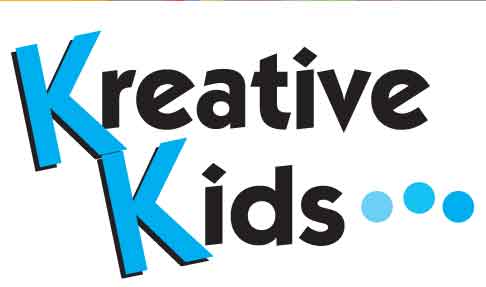Get the Best Family Activities
Anger takes many forms and could be expressed as sarcasm or comment, showing that they are angry. Teen girls and boys may not show they’re upset, but it might come out in different ways like sexual and risk-taking behavior with an “I’ll show them attitude.” When teens react this way, they are emotional and not thinking. Parents have to understand that children of any age need their parents to listen and hear them out. It is not just about stopping the behavior, but treating the symptom—the cause of the behavior needs to be dealt with.
Parents need to ask their children why they are upset, and the parents need to listen—the child needs to vent and calm down. Kids need to be heard and not disrespected. Before you can deal with what is going on, anger needs to be reduced to a lesser intensity. This way they can handle their anger in a positive way without doing something that is destructive them or others.
David Wolffe, author of Peace: The Other Side of Anger—Helping Teens with Anger Management, is certified as a peer mediation specialist from the International Center for Conflict Resolution of Columbia University Teachers College. He founded P.E.A.C.E., Inc. to help teens express anger and manage conflict in positive ways.
Also see:
What Anger Management Tools Work for Children with Special Needs?
How Can I Help a Bully Manage Their Anger?





